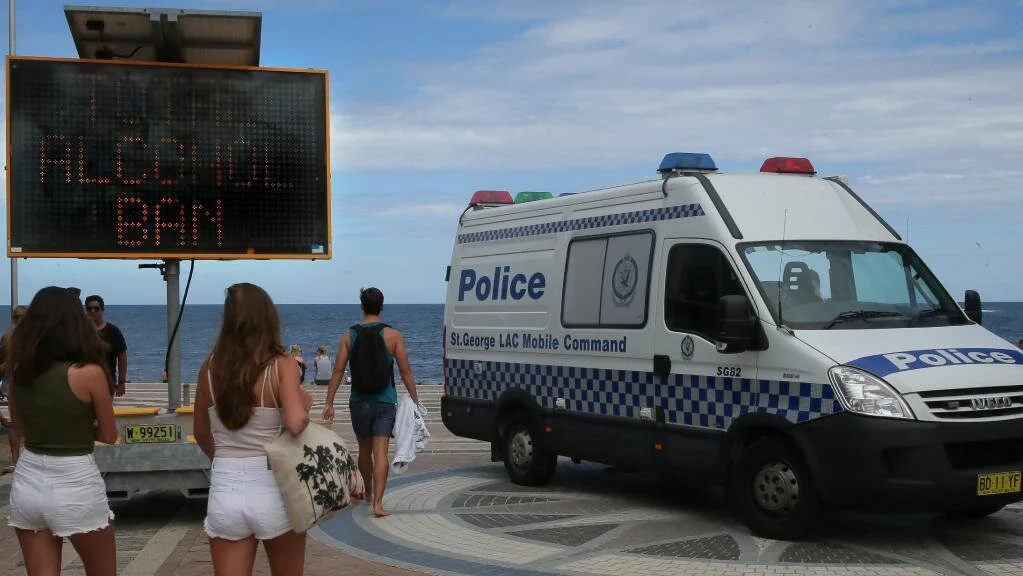Australia Day – A Slow Climb To Change
Every year that it comes back around, Australia Day becomes more fascinating. Not for the flag waving, sausage sizzles or cold beers in the esky. It's the rising volume in the debate that is interesting, alongside the ensuing tension.
As Aussies, we like to think we're the type of people who tear a bandage off quickly and deal with the sting in one go. We're brave with water and we’re brave with fire. A tough people in an unforgiving land. But where we ignore those normal fears of nature – when it comes to culture, we listen to fear and we lap it up.
For the progressive corners of our community, changing the date has been a no-brainer for years. Yet, politicians will never consider to change things until the broader community shouts for it. Sadly, this tipping point still appears to be some way off. In typical Australian fashion, we confront and resolve these cultural issues slowly.
British-descent Aussies get taught from day dot that Australia Day represents our ascent from prison colony to Lucky Country. The pivot initiated by this landmark date also provided millions of our immigrant forebears an opportunity to start out new. It’s impossible to deny this date was seismic and its significance will always echo. Nonetheless, we’re also finding it incredibly hard to deny the tragedy that it triggered.
For First Nations people, the date symbolises the beginning of the end of the richness of their culture. It was the starting gun for their struggle, pain and submission. As they still reel from the post-traumatic stress of losing a culture that was tens of thousands of years old – white Australia is only beginning to grasp the date’s disrespectfulness.
And it is this irreparable dichotomy of emotions that renders the date unacceptable. It celebrates an optimistic perspective from the approaching tall ship, while ignoring the horrible story experienced on the shore.
A survey conducted last year produced some enthralling results. Only 21% of respondents disagreed or strongly disagreed that January 26 was the best day for celebration. 90% of the Silent Generation (over 73) believe it's the right day to celebrate – whereas only 47% of Generation Z (under 24) agree.
Remarkably, 45% of respondents agreed the date is offensive to Indigenous Ausralians – with the publication positing that perhaps many Aussies are prepared to ignore it’s offense because the date is the last summer holiday before school starts.
Whatever the true national sentiment, we know the momentum for change is building and the trajectory is telling us that change will eventually come. Attendance at invasion day rallies rises every year and local councils have begun to move their celebrations away from the date, or change their nature entirely. This year, Melbourne’s Port Phillip council will be holding it’s first ever ‘Morning of Mourning’.
Last year, I listened to Stan Grant chat on stage about his book “Australia Day”. The host opened the chat by stating that he assumed Grant wanted to change the date immediately – but the author explained that he didn’t. Instead, he articulated, the tension residing in the day had great potential and could be harnessed to help heal a deep “memory of wounds” within the Indigenous community.
Grant explained that if we raced to change the date too quickly, we could waste an opportunity – especially until there was constitutional reform and the myth of ‘terra nullius’ had been dismantled. Annual tension sparks a national conversation, which forces us to discuss things we could otherwise sidestep. It also forces the language around our national dialogue to become more embracing.
Indeed, the National Australia Day Council’s latest advertisement uses language and paints a mood around Australia Day that wasn’t there even a year ago. Perhaps this is the progress Grant is talking about. It talks of the pain, rawness and beauty of our history. It introduces us to Australians from all walks of life, including our First Nations people. It adopts a braver tone than we’ve heard before, while ironically promoting a date that will only ever divide.
Australia is not just waking up to the rich story of an indigineuous culture that was hidden from us. We’re also waking up to the deep hurt our national day gives rise to in our First Nations people. Moving to a new date can feel like a big thing – but if we’re sensible and mature about it, we don’t need to make it a big thing at all. It also comes down to a matter of respect.
A new date that everyone can celebrate will quickly develop roots. A day we can all craft, decorate and make our own. Diversity and a shared spirit have always been core values in the foundations of this place. So a new day that can support those values is something we should look forward to and without a doubt, push for.






